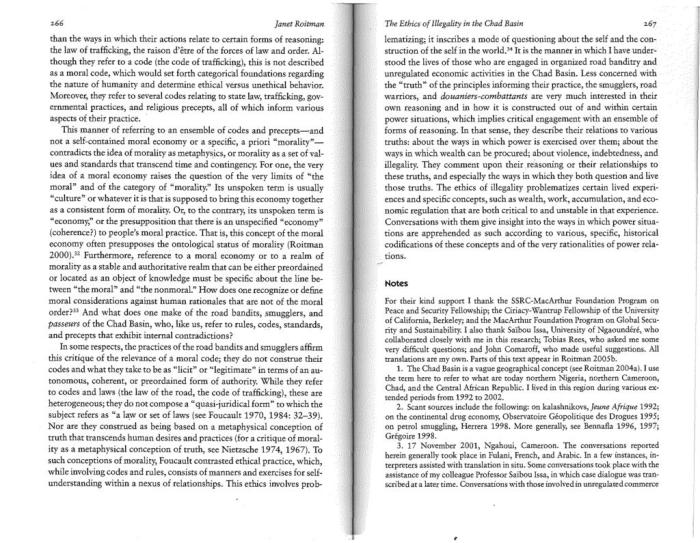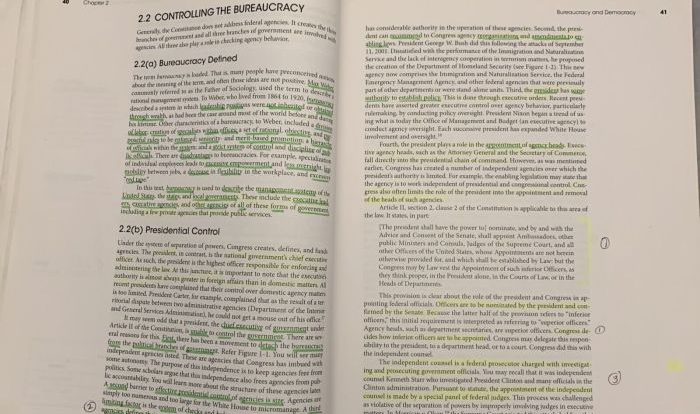Three cheers for the nanny state comprehension check answers – Commencing with “Three Cheers for the Nanny State: Comprehension Check Answers,” this discourse delves into the multifaceted concept of the nanny state, exploring its implications, ethical considerations, and global comparisons. Brace yourself for an enlightening journey into the realm of government intervention and its impact on individual autonomy and societal well-being.
Unveiling the complexities of the nanny state, we embark on an in-depth examination of its historical evolution, tracing its roots from inception to contemporary manifestations. By delving into international comparisons, we uncover the diverse approaches adopted by nations in regulating individual behavior, highlighting both similarities and disparities.
Nanny State: Definition and Characteristics
A “nanny state” refers to a government that extensively intervenes in the lives of its citizens, regulating their behavior and choices under the guise of protecting them from harm or promoting their well-being.
Key characteristics of a nanny state include:
- Extensive government regulation of individual behavior, such as restrictions on smoking, drinking, and drug use.
- Promotion of paternalistic policies aimed at protecting citizens from making harmful choices, even if those choices are made autonomously.
- A belief that the government knows what is best for its citizens and should intervene to ensure their well-being.
Arguments for and against the Nanny State
Arguments in Favor
- Protection of public health and safety: Nanny state policies can prevent harm by regulating risky behaviors, such as smoking and drunk driving.
- Promotion of societal well-being: Nanny state policies can address social issues, such as poverty and inequality, by providing support and services to those in need.
- Prevention of externalities: Nanny state policies can mitigate negative externalities caused by individual actions, such as pollution or noise.
Arguments Against
- Infringement of individual freedom: Nanny state policies can restrict individual autonomy and limit personal choice.
- Government overreach: Nanny state policies can expand the role of government beyond its legitimate scope.
- Unintended consequences: Nanny state policies can have unintended negative consequences, such as creating a culture of dependency or reducing personal responsibility.
Historical Perspectives on the Nanny State

The concept of the nanny state has evolved over time, influenced by social, political, and economic factors.
Early Origins
- 19th-century social reforms: Industrialization and urbanization led to concerns about public health and safety, prompting government intervention in areas such as sanitation and working conditions.
- Progressive Era in the early 20th century: Governments expanded their role in regulating individual behavior, motivated by a desire to protect citizens from exploitation and harmful substances.
Post-World War II Era
- Expansion of the welfare state: Post-war economic growth and social consciousness led to the establishment of comprehensive welfare systems, providing support for citizens in areas such as healthcare and education.
- Rise of the consumer society: Increased consumerism and the availability of new products and services raised concerns about product safety and the need for government regulation.
International Comparisons of Nanny State Policies: Three Cheers For The Nanny State Comprehension Check Answers
Nanny state policies vary across countries, influenced by cultural, political, and economic factors.
Scope of Intervention
- Some countries, such as Sweden and Denmark, have extensive nanny state policies, with government involvement in areas such as healthcare, education, and social welfare.
- Other countries, such as the United States and the United Kingdom, have more limited nanny state policies, with a focus on protecting citizens from harm rather than providing comprehensive support.
Cultural Factors
- Cultural values can shape attitudes towards nanny state policies. Countries with a strong emphasis on individualism tend to have more limited nanny state policies.
- Countries with a collectivist culture may be more accepting of nanny state policies that promote societal well-being.
Ethical Considerations of the Nanny State
Nanny state policies raise ethical concerns about paternalism, individual rights, and unintended consequences.
Paternalism
Nanny state policies can be seen as paternalistic, as they involve the government making decisions for individuals that they may not agree with.
Individual Rights
Nanny state policies can infringe on individual rights, such as the right to autonomy and personal choice.
Unintended Consequences
Nanny state policies can have unintended consequences, such as creating a culture of dependency or reducing personal responsibility.
The Future of the Nanny State

The future of the nanny state is uncertain, influenced by changing social attitudes, technological advancements, and global challenges.
Changing Social Attitudes
- Growing individualism and distrust of government may lead to a decline in support for nanny state policies.
- Increased awareness of the unintended consequences of nanny state policies may also contribute to a shift in attitudes.
Technological Advancements, Three cheers for the nanny state comprehension check answers
- Technological advancements may create new challenges for nanny state policies, such as the regulation of online behavior and the use of artificial intelligence.
- Technology may also provide new tools for nanny state policies, such as monitoring systems and data analytics.
FAQ Summary
What is the primary purpose of a nanny state?
Nanny states aim to regulate individual behavior and choices, often with the stated goal of promoting public health, safety, and well-being.
What are some common arguments against nanny state policies?
Critics argue that nanny state policies can infringe on individual freedom, autonomy, and personal responsibility.
How does the concept of the nanny state vary across different countries?
The scope and nature of nanny state policies vary significantly across countries, influenced by cultural, political, and economic factors.
